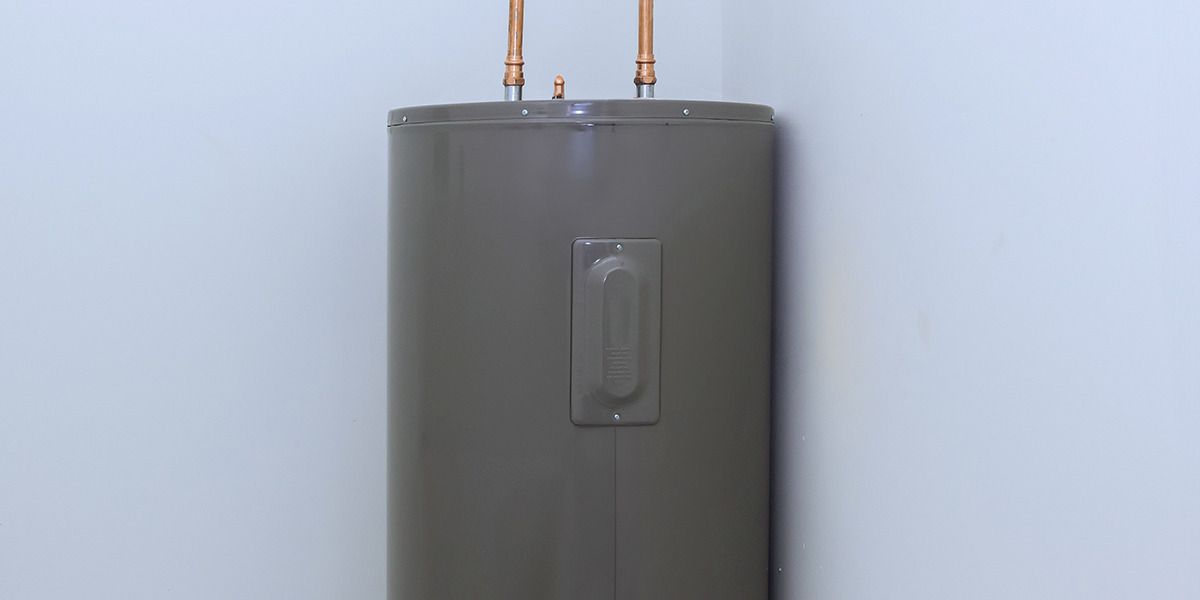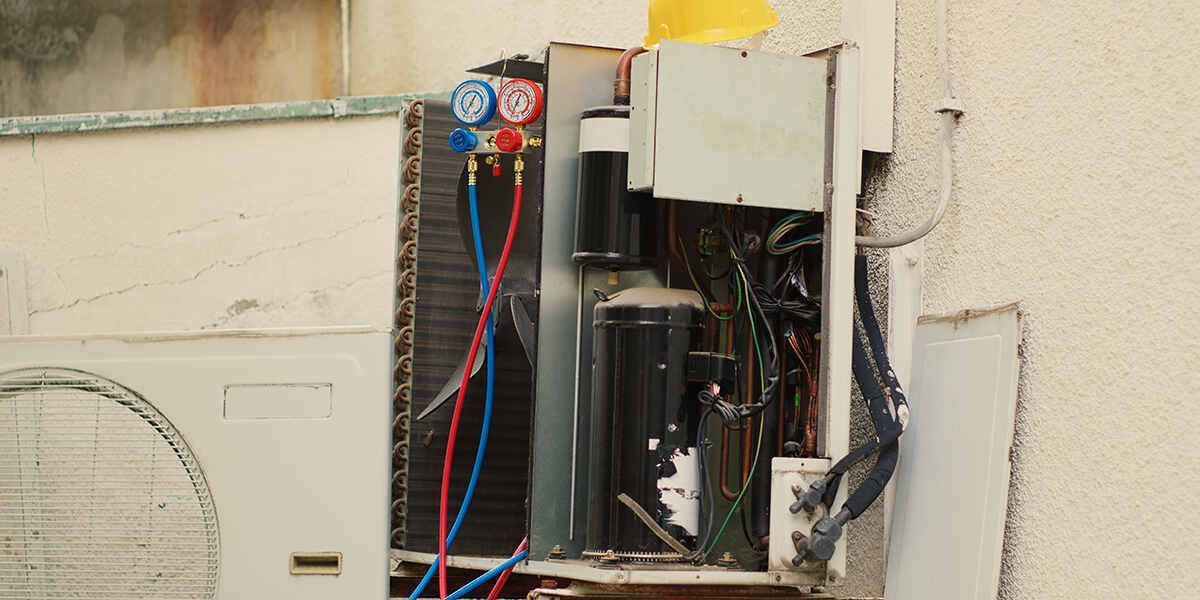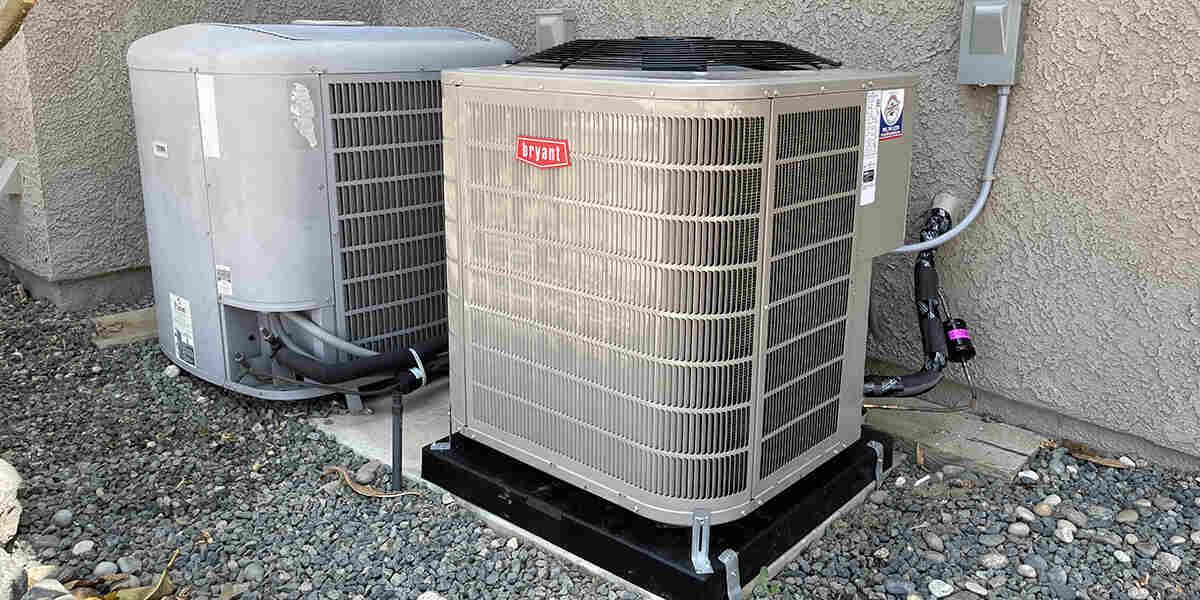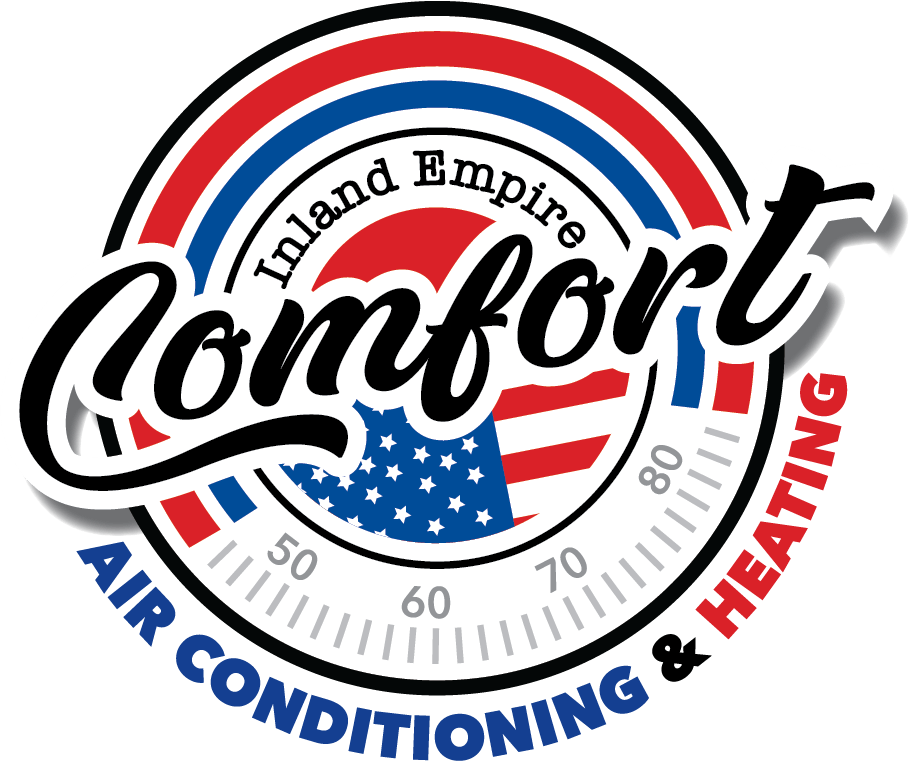What Should Humidity Be in House with Air Conditioning?
Many homeowners consider their summers to be hot and humid. To combat these humid summers, homeowners run their air conditioning units full-blast. However, it's essential to ask, "What should humidity be in a house with air conditioning?"
Every home has an optimal humidity range that keeps homeowners feeling great in summer and winter. While we tend to think of humidity as being a bad thing, many positives do exist.
For example, cranking up the heat during cold weather can cause humidity levels to dip considerably. Low humidity can leave you with itchy, rough skin and dry eyes.
Knowing your home's optimal humidity level can help combat these issues. Contacting an expert air conditioner repair company in Claremont can also help!
What Exactly Is Humidity?
Knowing what humidity should be in a house with air conditioning starts with answering what humidity is. There are two ways to measure humidity levels:
Relative Humidity (RH)
This type of humidity measures the total amount of water vapor inside your air compared to moisture at your current temperature. RH changes as temperatures change alongside indoor air.
Absolute Humidity
Absolute humidity measures the air's water vapor regardless of its temperature. Additionally, absolute humidity is the total amount of moisture outside a home. Moisture can enter a home from outside in various ways:
- Cracks in the walls and floors of a home's foundation and basement
- Drafty windows
- Foundation, plumbing, or basement leakages
A homeowner may fail to drain or remove this water appropriately. If so, the water can stay inside a home for long periods before becoming absorbed and transported through:
- Leaks triggering standing water
- Materials like hardwood, furnishing, and floors absorbing vapors
- Vaporous molecules transferring through a building material's pores
What Should a Home's Humidity Level Be?
Regardless of your home's current temperature, it must have the right humidity level. The answer to "What should humidity be in a house with air conditioning" is that humidity levels should fall between 30% and 50%.
Humidity levels should increase when the temperature climbs and drop as temperatures begin to fall. Even with an air conditioner running full-blast, humidity levels shouldn't dip below 30%.
How Can You Help Manage Your Humidity Levels?
Unfortunately, when homeowners solely rely on their heating and air conditioning systems, they can quickly raise or lower humidity levels too much. Pairing your HVAC system with powerful humidifiers and dehumidifiers can help you maintain healthy air moisture levels.
Another way to manage your humidity levels is to have the correct air conditioner. Many homeowners find success with mini-split systems. These air conditioners consist of indoor units and outdoor units, making controlling temperatures a breeze.
These systems contain all the crucial parts of your traditional air conditioner, including an evaporator coil. However, these systems allow homeowners to choose the amount of heating or cooling sent to each room.
In addition, these systems have separate indoor and outdoor units, making them less noisy.
What Happens in High Humidity?
High humidity results from having too much moisture inside a home. Besides generally feeling uncomfortable, high humidity can lead to the following issues:
- Mold or bacterial growth inside your home.
- A home can quickly generate a foul, mildew odor.
- High humidity can worsen breathing issues like allergies or asthma.
- Your humid house will feel muggy during the summer and clammy during the winter. A clammy home causes many homeowners to crank up the heat during winter when it's unnecessary.
What Happens in Low Humidity?
Low humidity can also be an issue for your home and may have these adverse effects:
- It impacts your home's structural integrity, including causing lumber to crack,
- Can quickly dry out and damage furniture and other belongings by shrinking wood.
- It makes a home feel chillier than it is.
- Dry air can dry out a person's nose, eyes, and lips, causing breathing issues and nosebleeds.
Call Inland Empire Comfort Today
Having an optimal humidity level ensures you and your family remain comfortable. This process starts with partnering with the right HVAC team. At Inland Empire Comfort, we work with all systems, from common types to high-performing commercial units.
Whether you're dealing with too high or too low humidity levels or want to upgrade your HVAC system, our team can help. We also offer 24/7 emergency services. So, let our team help answer, "What should humidity be in a house with air conditioning?"
Know more about our emergency air conditioning repair service by calling Inland Empire Comfort at
(951) 336-1975!
You might also like
Inland Empire Comfort
Book a Service Today
We will get back to you as soon as possible
Please try again later
Location
19071 Newsome Rd Riverside, CA 92508
NAVIGATION LINKS
All Rights Reserved | Inland Empire Comfort



